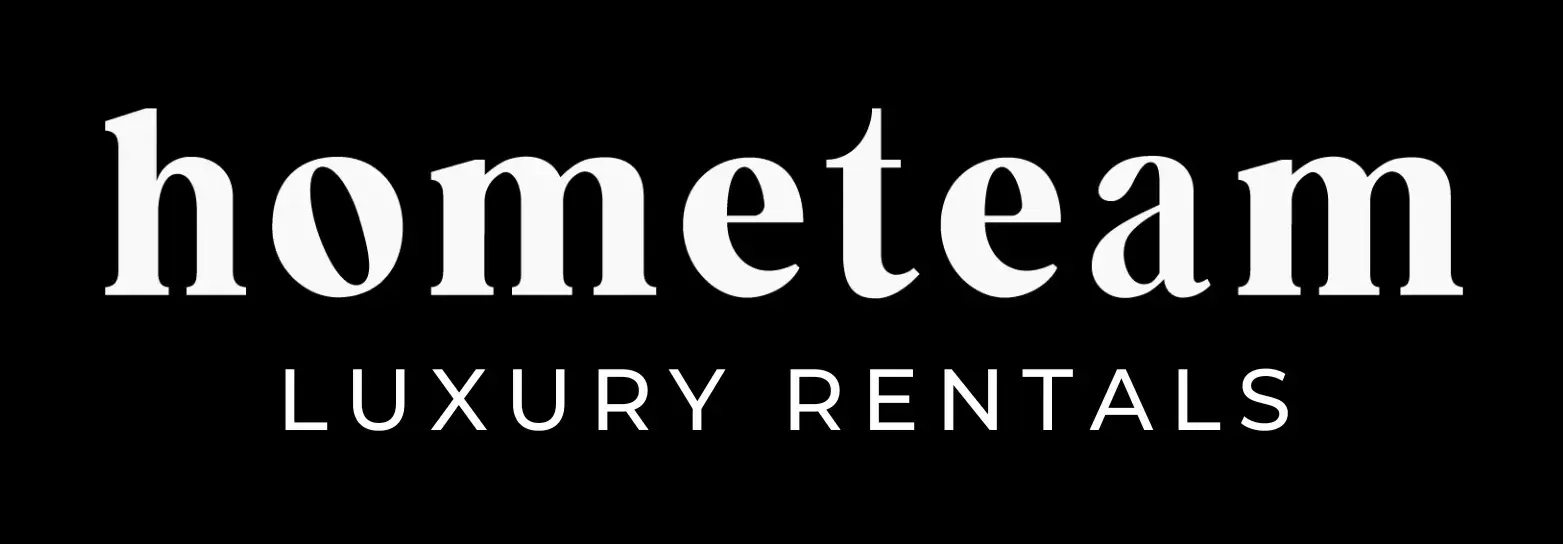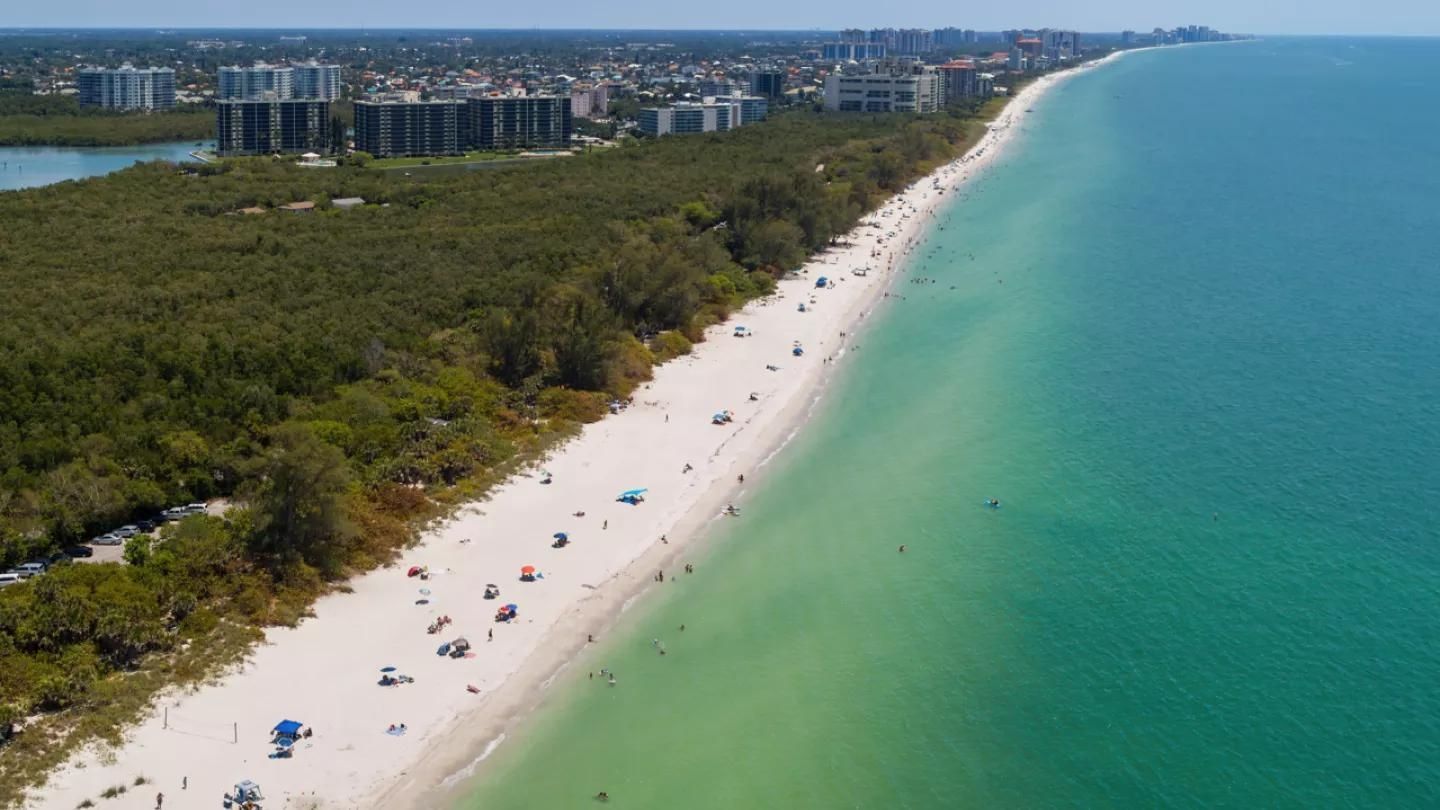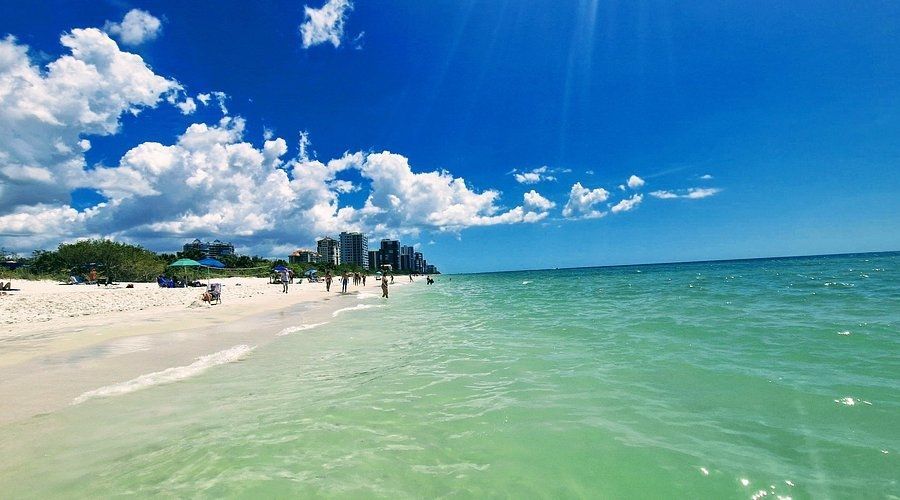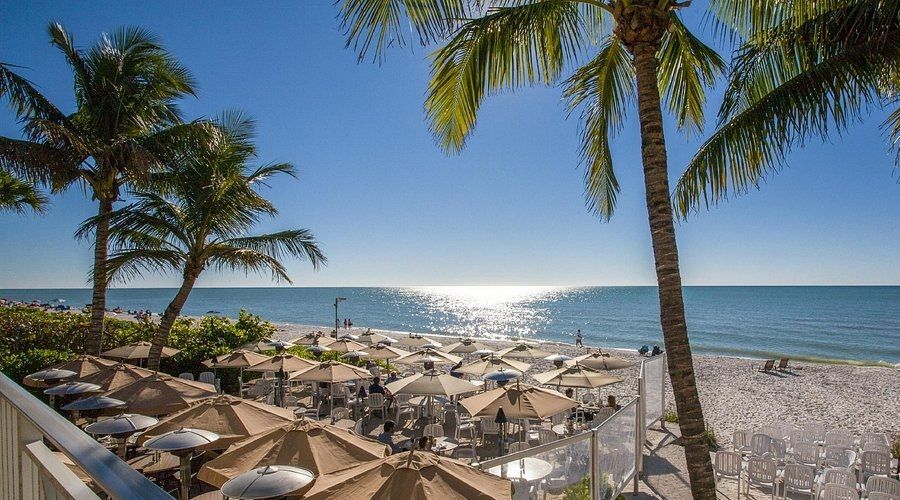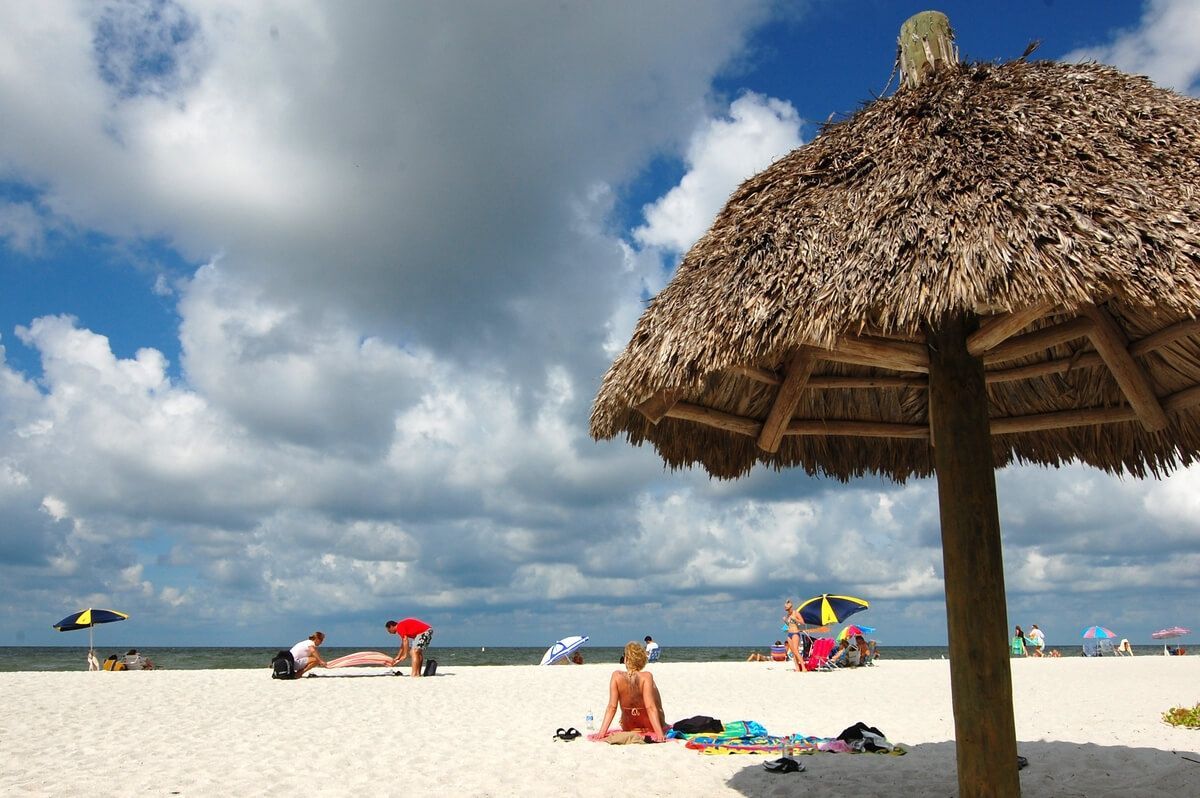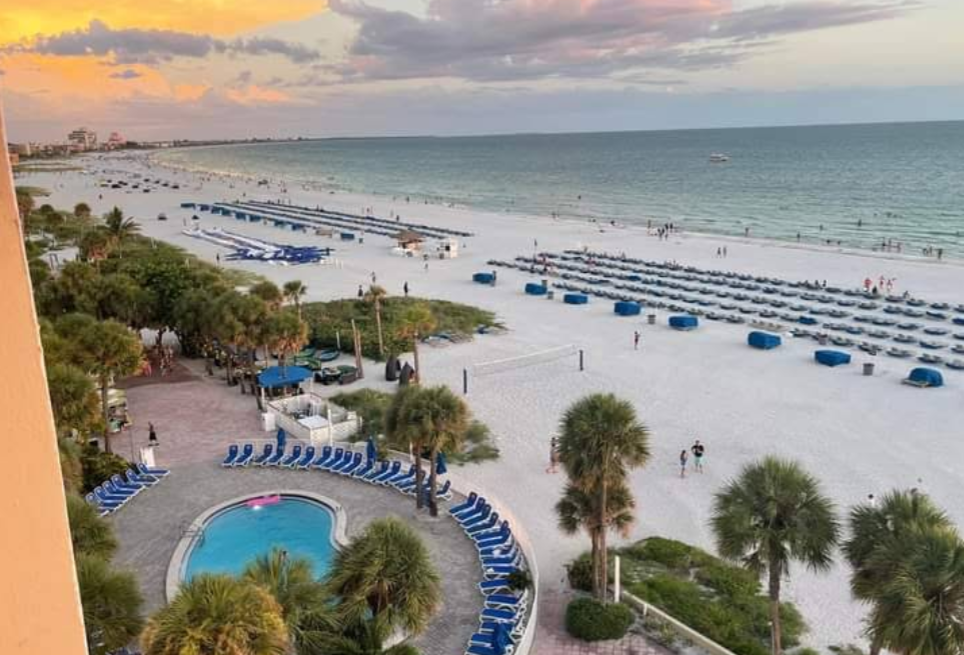
If you’re thinking about listing your home as a short-term rental in St. Pete Beach, Florida, understanding the city’s layered regulations is essential. St. Pete Beach’s approach combines strict zoning limitations with Florida’s licensing rules and tax requirements administered at both the state and county levels.
In plain terms, you can operate a vacation rental in St. Pete Beach, but only if your property is in the correct zoning district, you follow frequency limits, and you register with all required local and state authorities. Property owners should know:
- Short-term rentals are limited to 3 stays per year in only a few residential areas.
- Most zones prohibit vacation rentals under 30 days.
- Florida requires a DBPR vacation rental license for frequent or publicly advertised short stays.
- A St. Pete Beach Business Tax Receipt is required for legal operation.
- State and county lodging taxes (totaling 13%) must be collected and remitted.
- Violating the rules can lead to fines of $250–$1,000 per day or more.
The sections below walk through each compliance layer so you can confirm your property’s eligibility, register correctly, and avoid costly enforcement.
Florida State Licensing for Short-Term Rentals
All vacation rentals in Florida must follow the rules set by the Department of Business and Professional Regulation (DBPR). If your property is rented for fewer than 30 days at a time and more than 3 times per year, it’s considered a transient public lodging establishment and must be licensed.
To stay compliant under Florida law, owners must:
- Apply for a DBPR Vacation Rental License (as a dwelling or condo unit).
- Maintain basic safety measures: smoke detectors, emergency lighting, fire extinguishers.
- Post the license number in all listings and advertisements.
Florida Statute 509.032 prevents cities from banning vacation rentals outright, but allows them to regulate location, safety, registration, and frequency, which St. Pete Beach does aggressively. If you plan to operate more than three short-term rentals per year, this license is required before any local steps.
St. Pete Beach Zoning and Frequency Restrictions
St. Pete Beach is more restrictive than many Florida cities when it comes to where and how often you can operate a short-term rental.
Here’s the city’s core policy:
In most residential zones, short-term rentals (under 30 days) are not allowed at all. Where they are allowed, you can rent up to 3 times per year, total.
This “3 rentals per year” limit is intentional, it’s designed to prevent full-time Airbnb-style operations in quiet neighborhoods.
Only two residential areas allow these limited short-term rentals:
- RM (Residential Medium-Density): Common for multi-unit buildings and some condos. Allows 3 rentals per year.
- Pass-a-Grille Overlay District: A historic district on the south end of the beach. Also allows 3 rentals per year.
If your property is not in one of those two areas, short-term rentals under 30 days are prohibited entirely.
Unlimited short-term rentals (nightly, weekly, year-round) are only permitted in Tourist Commercial zones, which are generally along Gulf Boulevard and in hotel or resort areas.
To confirm your zoning, check the official city zoning map (PDF) or contact the Community Development Department directly.
City Licensing and Registration Requirements
Once you’ve confirmed your property is eligible, you’ll need to obtain the following licenses:
1. Business Tax Receipt (BTR)
St. Pete Beach requires a Business Tax Receipt (BTR) for any property rented short-term, even occasionally. This city-level license is issued annually and requires an inspection for code and safety compliance.
Apply via the city’s licensing page or in person.
2. DBPR Vacation Rental License
Required if you rent your home:
- More than three times per year,
- For fewer than 30 days at a time,
- Or advertise on platforms like Airbnb or Vrbo.
Licenses are managed by Florida’s DBPR, under the Division of Hotels & Restaurants.
3. Florida Department of Revenue (DOR) Sales Tax Account
If you’re collecting rent on stays shorter than 6 months, you must register to collect and remit:
- 6% state sales tax,
- 1% local surtax (for Pinellas County).
Apply through the Florida DOR’s registration portal.
Taxes and Lodging Compliance
Rentals under six months are subject to both state and county lodging taxes, totaling 13%.
- State Sales Tax (7%): Includes 6% state and 1% local surtax.
- Pinellas County Tourist Tax (6%): Collected on all short stays under six months.
Together, you must charge guests 13% and remit it monthly or quarterly unless your platform handles it.
Airbnb and Vrbo generally collect and remit both taxes for you. But if you take direct bookings, you’re responsible for:
- Registering with the Florida Department of Revenue, and
- Registering with the Pinellas County Tax Collector.
Keep records of every guest and payment, including taxes collected. You can file and pay online through each department’s portal.
HOA and Condo Association Restrictions
Even if you meet all state and city requirements, your HOA or condo board may still prohibit short-term rentals.
Common restrictions include:
- No rentals under 30 or 90 days
- Guest registration and approval processes,
- Strict rules on trash, noise, or parking,
- Fines or liens for violations.
Check your declaration of covenants or contact your association before listing. Even legal city licenses don’t override private restrictions.
Enforcement and Penalties in St. Pete Beach
Enforcement in St. Pete Beach is active and escalating. Code enforcement uses both complaint-based and online listing monitoring to identify illegal rentals.
Violations can result in:
- Fines up to $250 per day for first-time infractions.
- Up to $1,000/day for repeat violations.
- “Super fines” of up to $5,000/day under Florida law for egregious or repeat violations.
- Property liens, license revocations, and legal injunctions.
In 2025, a Pass-a-Grille owner faced a $4,500 fine for exceeding the 3-rental limit — despite claiming a long history of lawful operation.
If you receive a citation, your best defense is clear documentation of:
- Your property’s zoning,
- Number and dates of stays,
- Proof of licenses and tax filings.
Reporting Short-Term Rental Complaints (City of St. Petersburg vs. Unincorporated Pinellas)
Quick distinction:
- If the property is inside the City of St. Petersburg, follow city channels (non-emergency police + City Code Enforcement) for complaints under St. Petersburg STR regulations.
- If the property is in unincorporated Pinellas County, use the county hotline/portal below.
- Not sure which applies? Use your address to confirm whether you’re in a municipality or in unincorporated Pinellas.
- For broader policy context outside the city, see our guide to Pinellas County short-term rental laws (use this as your internal anchor text to your county article).
Unincorporated Pinellas County — How to Report
- Noise complaints: Call the Pinellas County Sheriff’s Office at (727) 582-6200 and the 24/7 STR Hotline at (727) 353-2436.
- General STR complaints: File online at pinellas.gov/strcomplaint or call the 24/7 STR Hotline at (727) 353-2436.
These county processes apply only outside St. Petersburg city limits. Inside the city, file through St. Petersburg’s non-emergency police line and City Code Enforcement per St. Petersburg STR regulations.
Why the County Requires a Certificate of Use (COU)
Pinellas County’s COU program is designed to keep neighborhoods safe and peaceful, ensure safety standards, and reduce issues like noise, trash, and parking overflow before they start.
County COU Application Deadlines by ZIP (Unincorporated Areas Only)
| Zip Codes | Deadline to Apply for Certificate of Use |
|---|---|
| 34677 through 34698; 33759; 33761; 33763; 33765 | Sept. 15, 2025 |
| 33702 through 33715; 33781; 33782 | Oct. 15, 2025 |
| 33755; 33756; 33760; 33762; 33764; 33770 through 33778 | Nov. 15, 2025 |
County STR Ordinance: Key Highlights (Unincorporated Areas)
- Certificate of Use (COU): Required for all STRs; includes application, inspection, and fees.
- Fees:
- $450 COU fee (split into two payments year one)
- $150 initial inspection; $100 re-inspection if needed
- $450 annual renewal
- $100 re-inspection every two years
- Fees are non-refundable — apply only if your property requires a COU and your documentation is accurate.
- Occupancy Limits: 2 guests per bedroom + 2 in a common area, max 10 guests (all ages count).
- Parking: 1 off-street space per 3 occupants (rounded up). Front-lawn parking doesn’t count.
- Guest Info Posting: Clearly display: responsible party name/address/phone, max occupancy, max vehicles + parking diagram, noise standard/quiet hours, trash/recycling days, and nearest hospital.
- Structures Not Allowed: sheds without utilities, RVs/campers, tents, and unmodified shipping containers.
- Taxes: Pay state and local lodging taxes.
- Penalties: Daily fines and escalating enforcement for violations.
Staying Compliant and Confident in St. Pete Beach
Operating a short-term rental in St. Pete Beach can be rewarding, but only with careful compliance.
To stay within the law:
- Confirm your zoning and rental eligibility.
- Follow the “3 stays per year” rule in residential zones.
- Get your city Business Tax Receipt and DBPR license.
- Register with DOR and Pinellas County for tax collection.
- Check HOA/condo rules before advertising.
Keep detailed records of all stays, licenses, and tax payments.
Because enforcement is real and costly, consulting a real estate attorney or professional property manager is a smart move, especially if you’re investing in a beachside rental.
